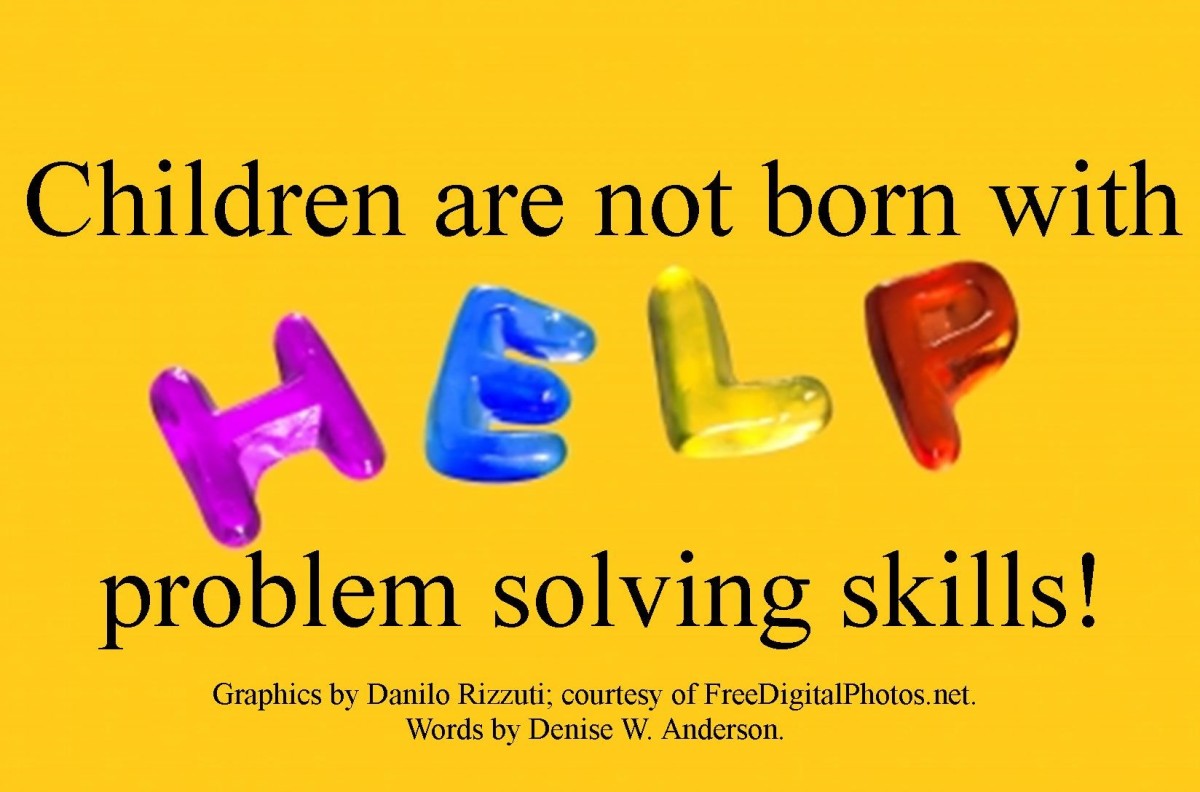Teaching Kids Money Sense
For more information on teaching children about money see:
For more helpful information on children see:
- Help Your Child Develop Study Skills
Homework and studying, they've been around a long time and will continue to be part of youe child's education. Some children willingly tackle the task of completing homework, while others avoid it all costs.... - Encouraging Children to Read
A child can travel to new places, meet new people, and learn about our world through reading. But for some children learning to read is a difficult task, and they have yet to discover the joys of reading.... - Teaching Children Respect
Money makes the world go 'round, and it's important to teach our children about finances so their journey through adult life is smooth and not complicated with financial dilemmas and endless debt.
Start early. As soon as a child gets his/her first piggy bank, it's time to start teaching money sense. We've all heard the old adage,"Don't let money burn a whole in your pocket!" As soon as children receive money, they want to spend it, and that's a normal response. Instead, encourage your child to put at least some of the money in his/her piggy bank. Tell your child s/he can save the money to buy something special in the future.Teaching your child this early lesson about saving will encourage him/her to be responsible with money in the future.
Another way to teach money sense is by giving a child an allowance, and this can start at a very young age. As toddlers children hopefully are picking up their toys, so by age five, a child should be able to do simple tasks around the house. After completing easy tasks like making a bed, sweeping the floor, setting the table, or watering the dog, a child should get an allowance. For young children keeping track of chores on a chart can be especially helpful. After a child has completed chores listed on their weekly chart, pay him/her an allowance, and encourage the child to save part of that allowance in a piggy bank. If the chores are not completed, the child should not get the allowance. As a child gets older, chores can increase along with the amount of money given for an allowance.
As children become involved in school activities and extracurriculars, they are introduced to fundraising. Many parents dread these fundraising events because it often ends up to be work for the parent, not just the child. However, fundraising can be a great way to teach your child money sense. If a child has to put forth the effort to raise the money, s/he is learning an important lesson: If you want something, you must work for it. With a bit of guidance from a parent, children can develop important communication skills and math skills as they fundraise. Also, fundraising teaches a child about the importance of developing a plan to meet a goal. Fundraising provides a way to teach your child good money sense.
When children enter the middle school years, they want more expensive items-- cell phones, designer clothes, or expensive sports equipment. It's very tempting for parents to just give kids money to get these items, but don't! Indulging children by giving them money is probably one of the worst things a parent can do. Instead, work with the child to develop a plan on how s/he can earn the new skateboard or the designer jeans. If the money is to be spent on something useful or important, perhaps you can match funds. For example, if the child wants new skis and you think this is a good investment because it will keep your child physically active, you could agree to pay for half the cost of the new skis, and the child could save his/her allowance for the rest of the cost of new skis. With your child, devise a plan to meet the goal.
As your child gets older encourage him/her to get a job. After-school jobs can help teenagers develop a sense of responsibility while providing a way for them to actually manage their own money. Encourage your child to start paying for some of his/her personal expenses. If a child has to pay for their own car insurance, s/he might decide a car is not a necessity. It's difficult making decisions about what's really needed and what's a luxury, and some adults still find this difficult. If a child starts developing this skill when s/he is young, making these financial decisions won't be as tough as the child enters the teenage years.
As a parent, it can be difficult making your child take financial responsibility because we feel it is our job to provide for our kids, but by turning some financial responsiibilities over to them, we are giving them the opportunity to learn about planning, budgeting, and making choices. These are important skills children should learn before they leave home. Allow your child the chance to gain some money sense.
Also, take time to explain checking accounts, savings accounts, and credit cards. Often children leave home without really understanding how each of these actually works. Many students after leaving home find themselves with overdrawn accounts and/or late fees because no one took time to teach them some basics about money management. Don't assume your child learns this in school. Without basic knowledge about accounts and credit cards, children grow into adults with little money sense.
Remember, be a good role model with money. Your children see what you do, and you are the most important teacher in their lives. How your children manage money will likely be a reflection of how you have handled money. Be responsible-- save money when you can, don't spend more than you make, and pay bills on time. Your children watch what you do, and they learn! Teach them how to be sensible with money.








